L-carnitina
Cómo conseguirlo
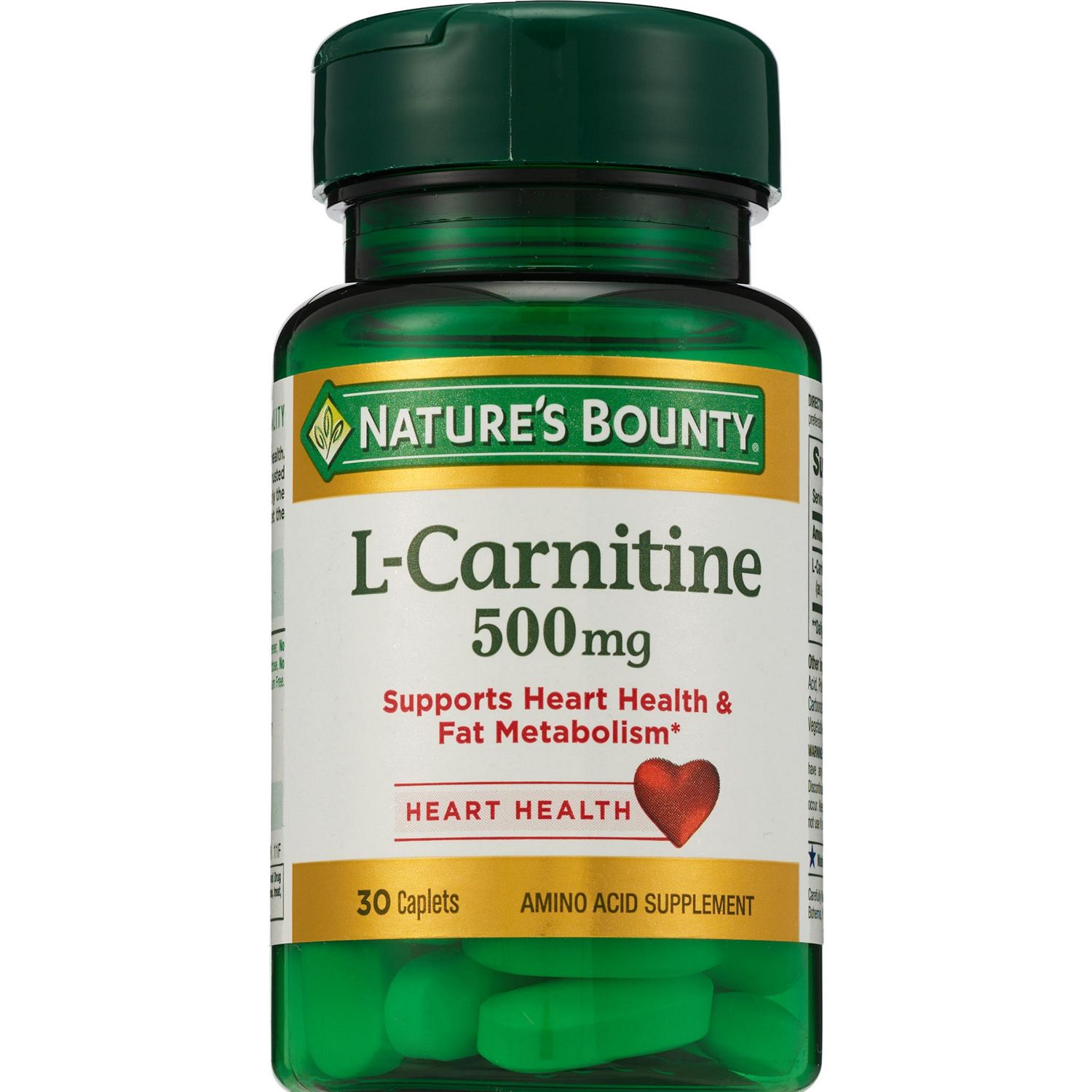)
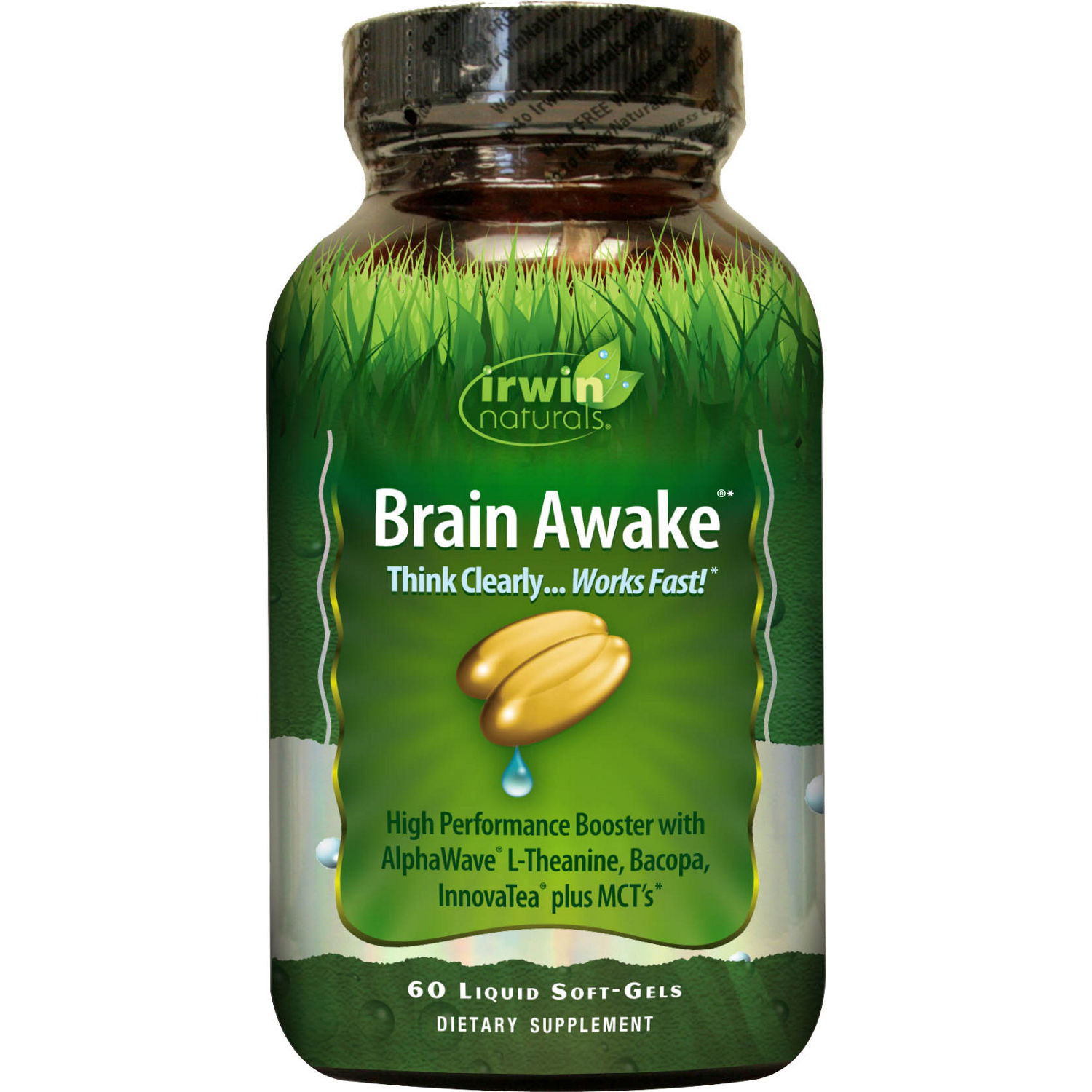)
)
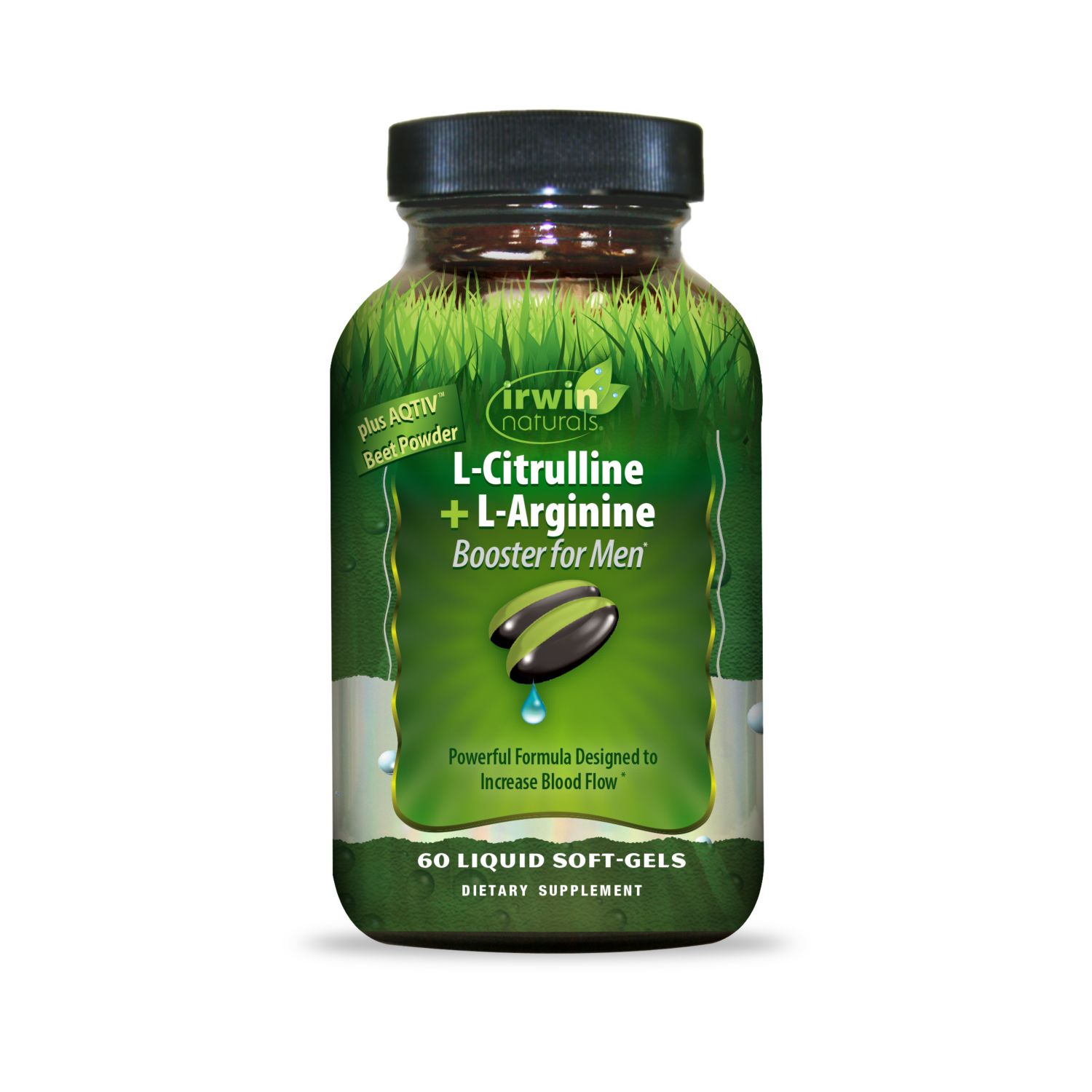)
)
)
)
L-carnitina
L-carnitine is a nutrient and dietary supplement whose main role is in transporting fatty acids into your cells' mitochondria to produce energy. It is an amino acid (a building block for proteins) that is naturally produced in the body, but the supplement is used by people for a variety of different conditions and reasons.
For your body to produce L-carnitine in sufficient amounts, you need plenty of vitamin C and to eat animal products like meat or fish. For this reason, it is sometimes difficult for vegans to produce or obtain enough, so this makes L-carnitine a conditionally essential nutrient. In addition, it is used by people with certain genetic issues who are unable to produce or obtain enough L-carnitine on their own.
L-Carnitine Uses
L-carnitine is effective for a number of different, wide-ranging diseases and symptoms. It is most effective for treating L-carnitine deficiency caused by certain diseases. It is also effective at improving red blood cell counts during hemodialysis for those with serious kidney disease.
In terms of effect on the heart, L-carnitine may help reduce the risk of death from myocarditis (inflammation of the heart), improve symptoms and increase exercise ability in people with heart failure and reduce chest pain and improve exercise ability in people with angina (chest pain). It can help to ease the symptoms of rapid heartbeat, nervousness and weakness in people with hyperthyroidism, as well as increase sperm count and sperm movement in men with fertility problems. L-carnitine has vast and far-reaching effects throughout the human body.
There is also some evidence that L-carnitine can improve exercise performance, though it may take weeks or months to notice any benefits. It may help with recovery, muscle oxygen supply, stamina, muscle soreness and red blood cell production.
L-Carnitine Tips
For most people, two grams or less per day is a safe and effective dose of L-carnitine, though side effects such as nausea or stomach discomfort may appear. In the long-term, L-carnitine supplements may raise your blood levels of trimethylamine-N-oxide (TMAO), which has been linked to atherosclerosis. How much L-carnitine you need to take in supplemental form is directly related to how much you're eating and how much your body is producing. The best sources of it are beef, pork, fish, chicken and milk, so vegans and vegetarians probably have lower levels than meat-eating persons. It is important to discuss any new potential supplement with your doctor before adding it to your daily regimen.

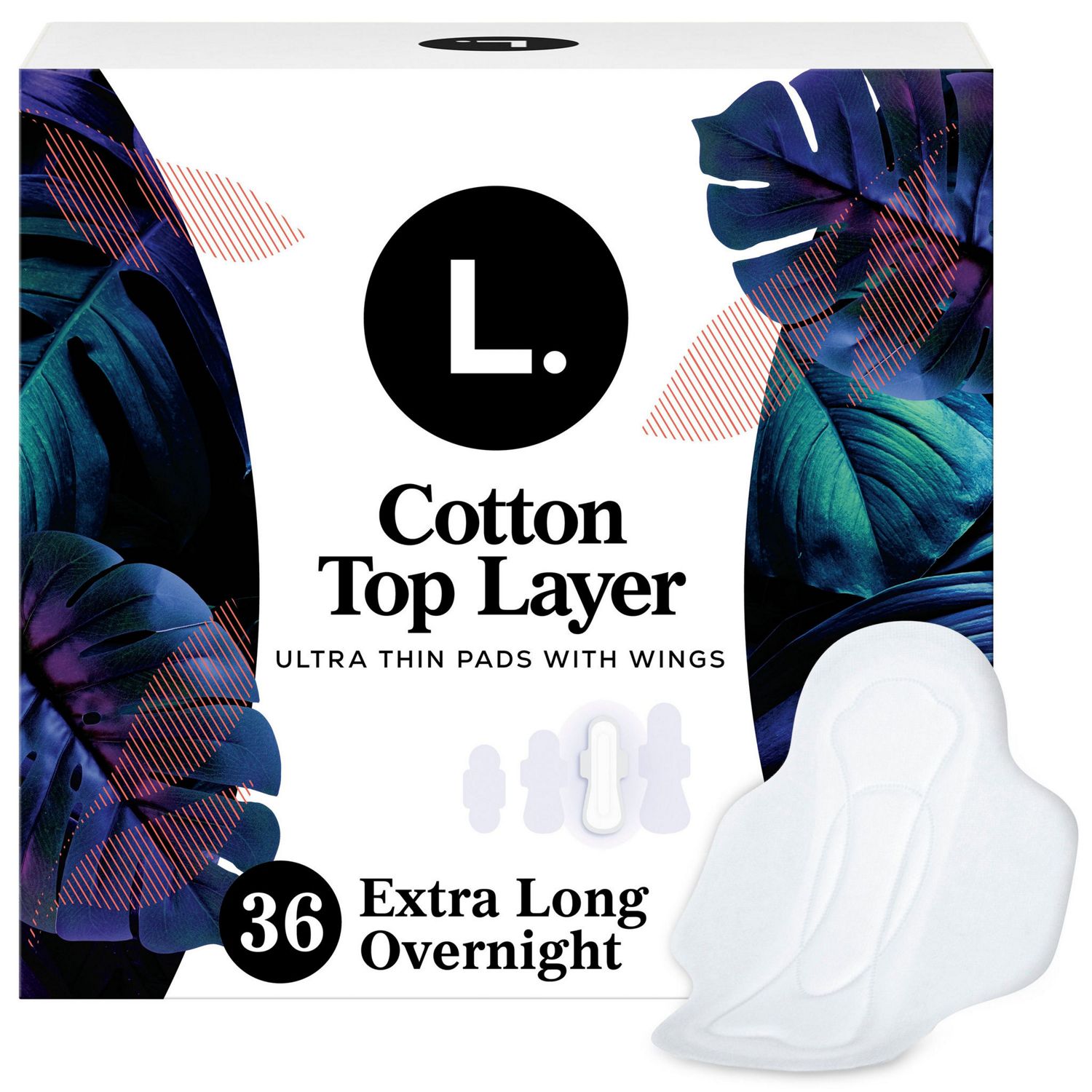)
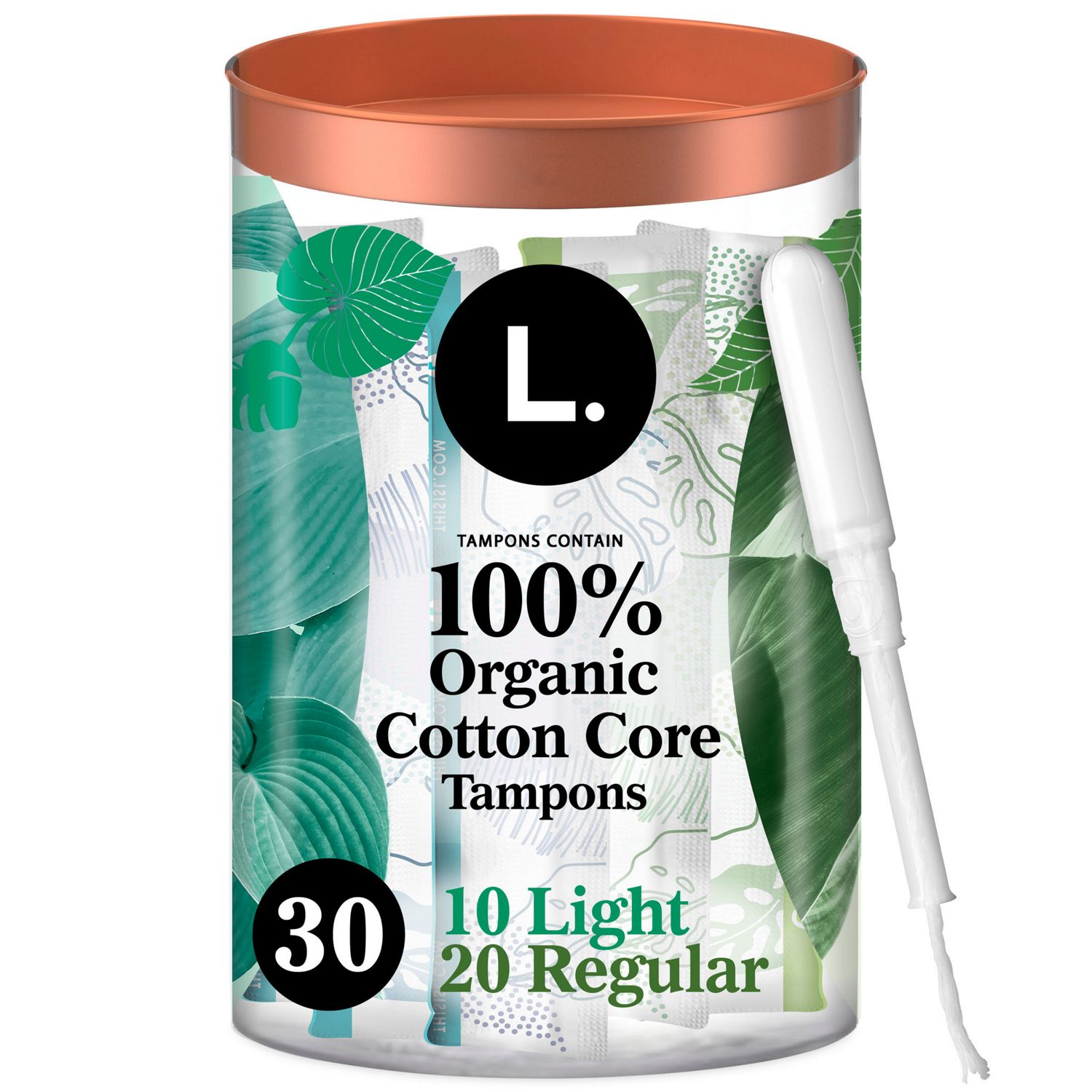)
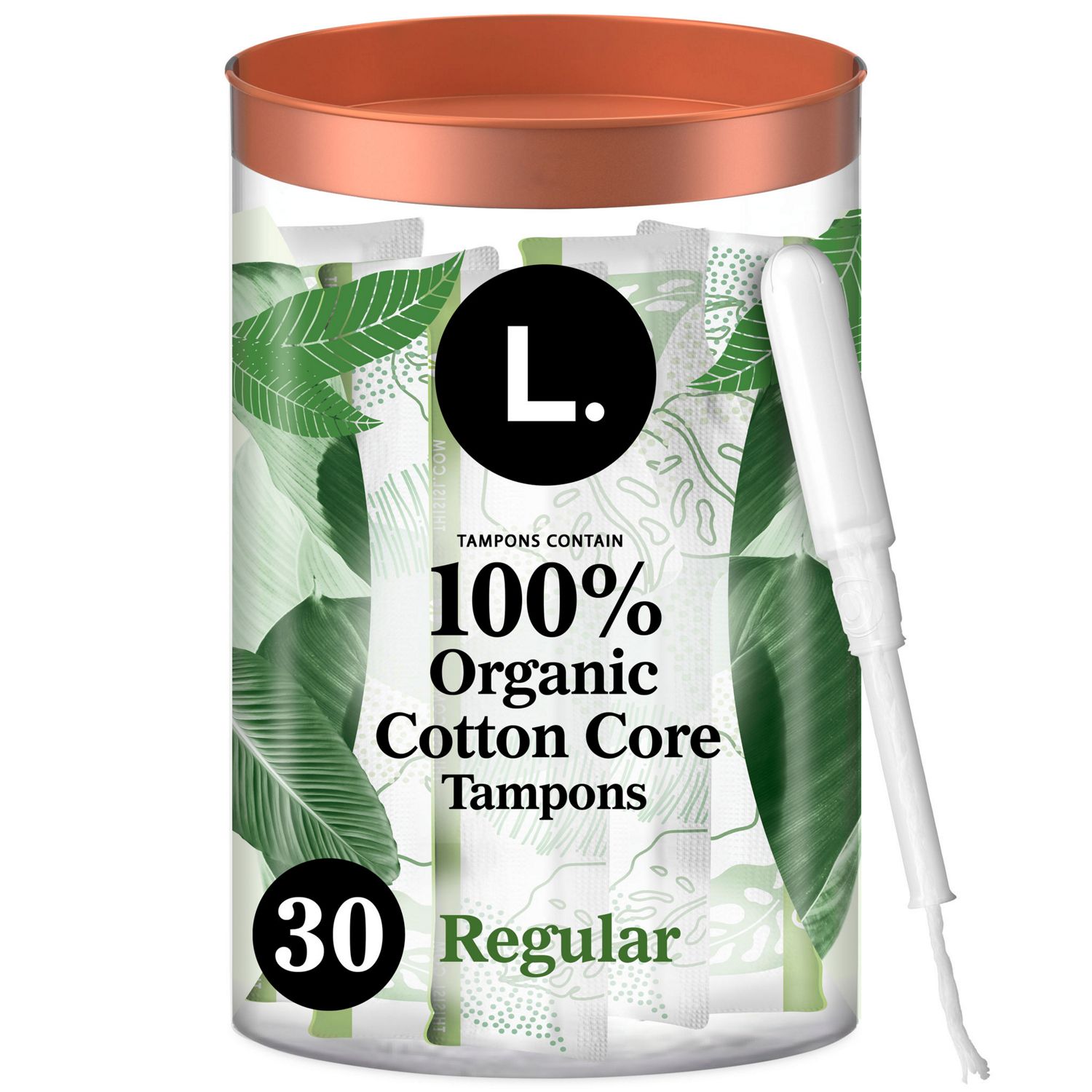)
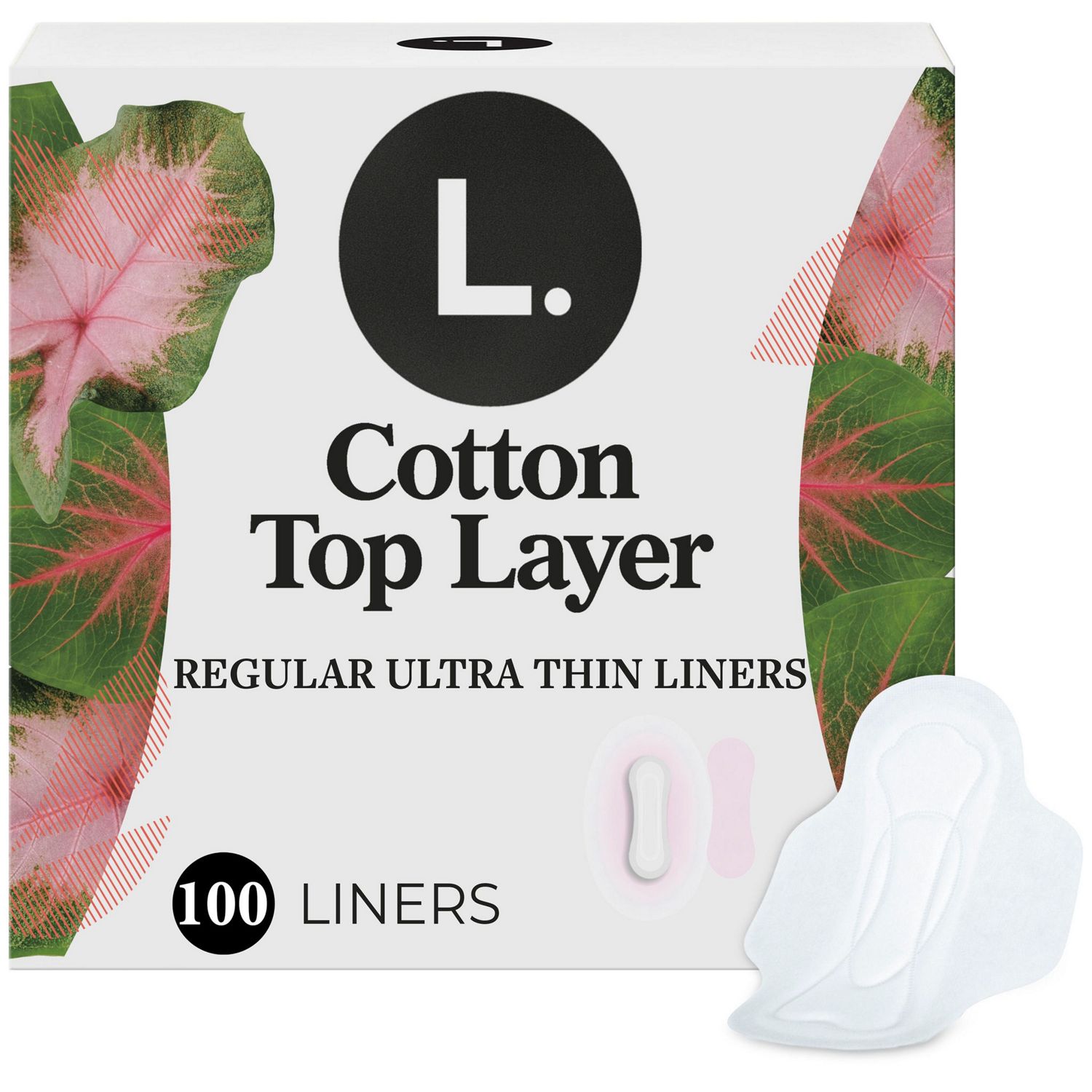)
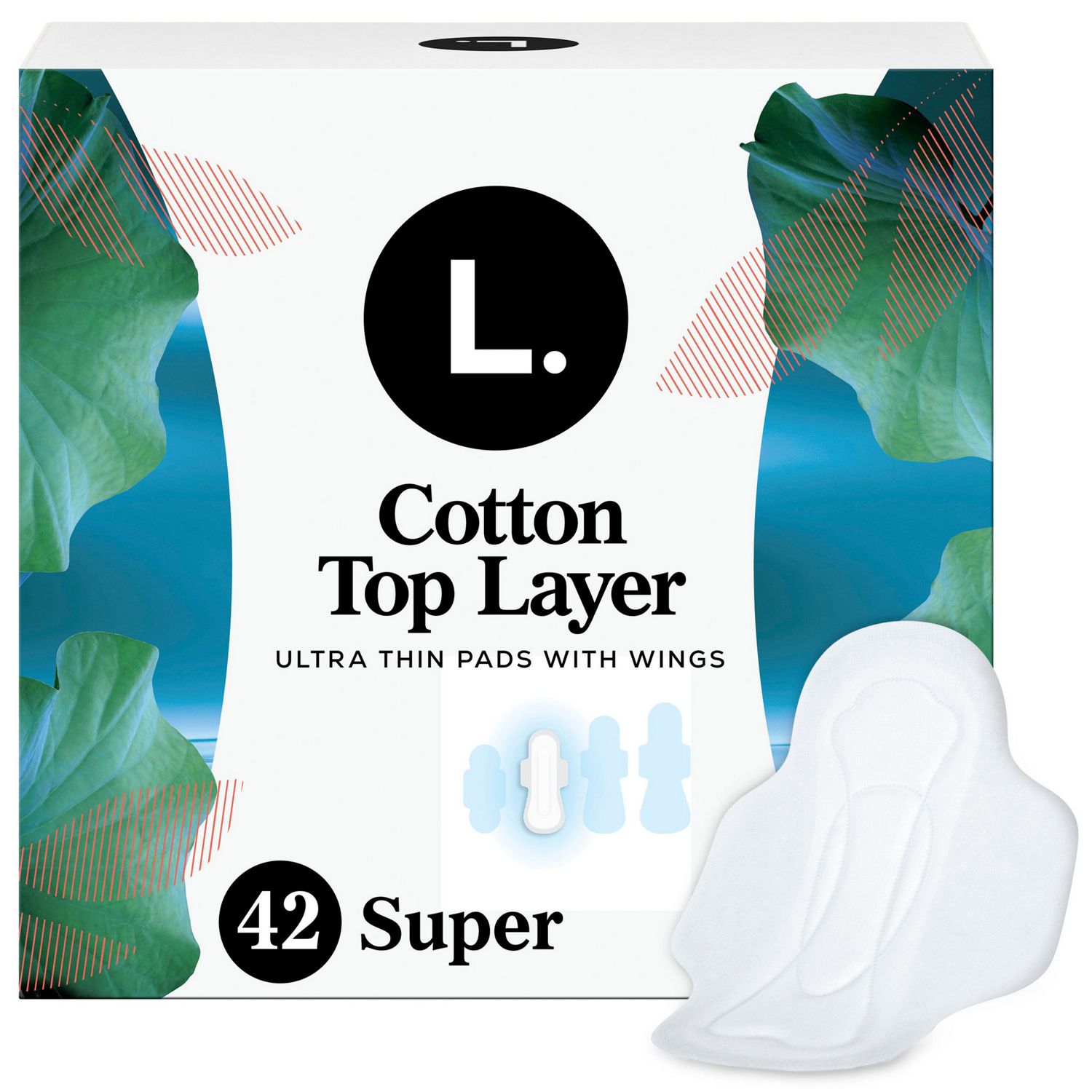)
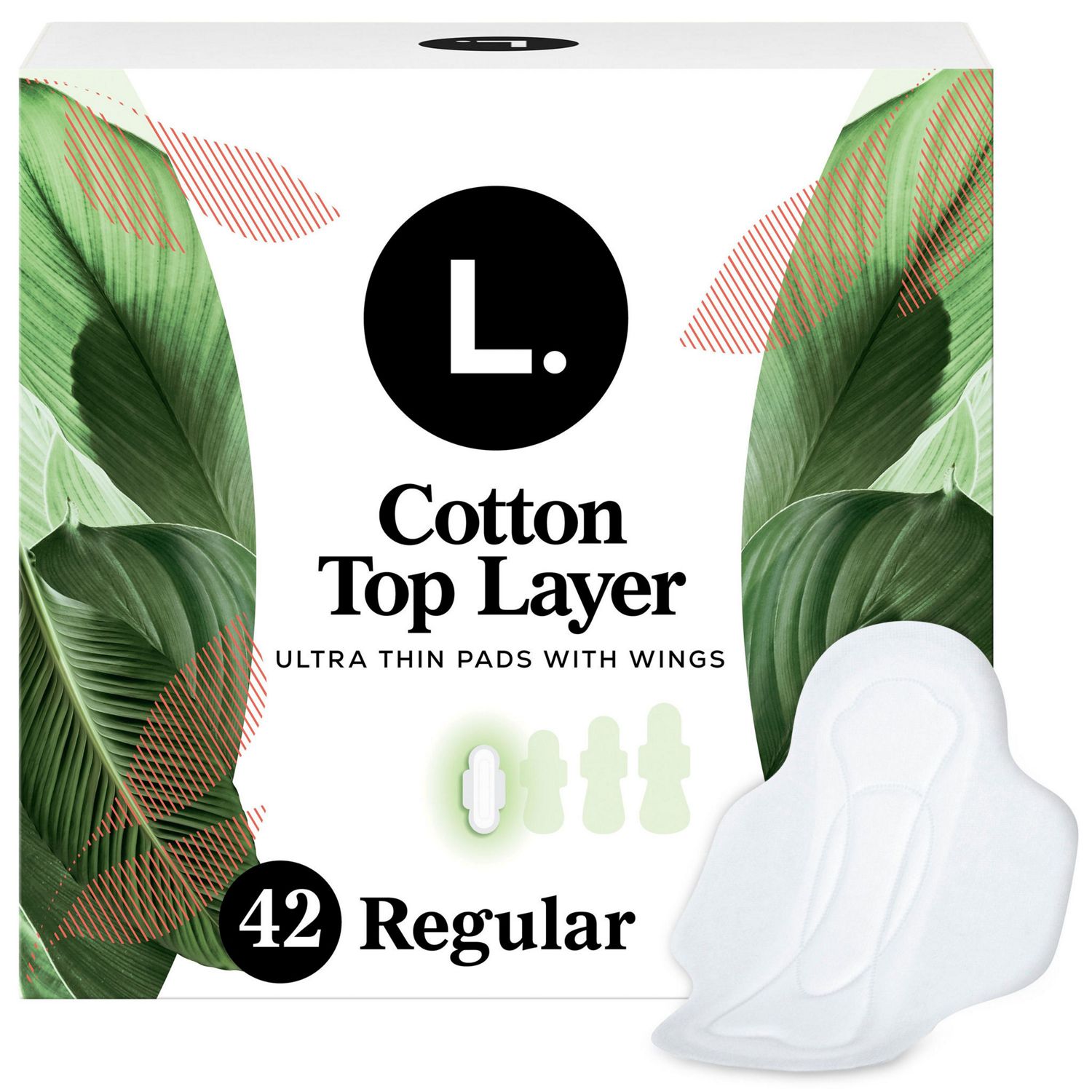)
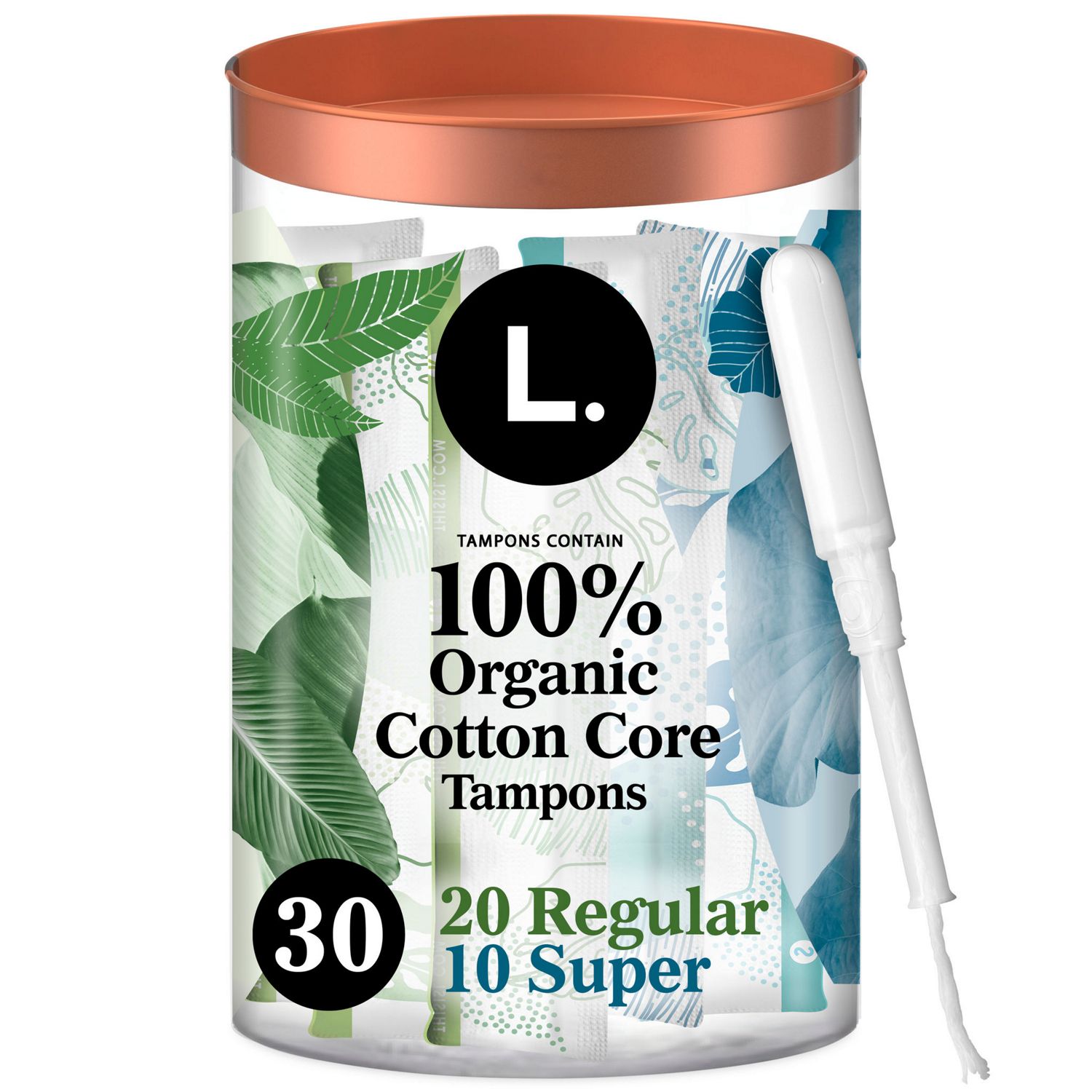)
)
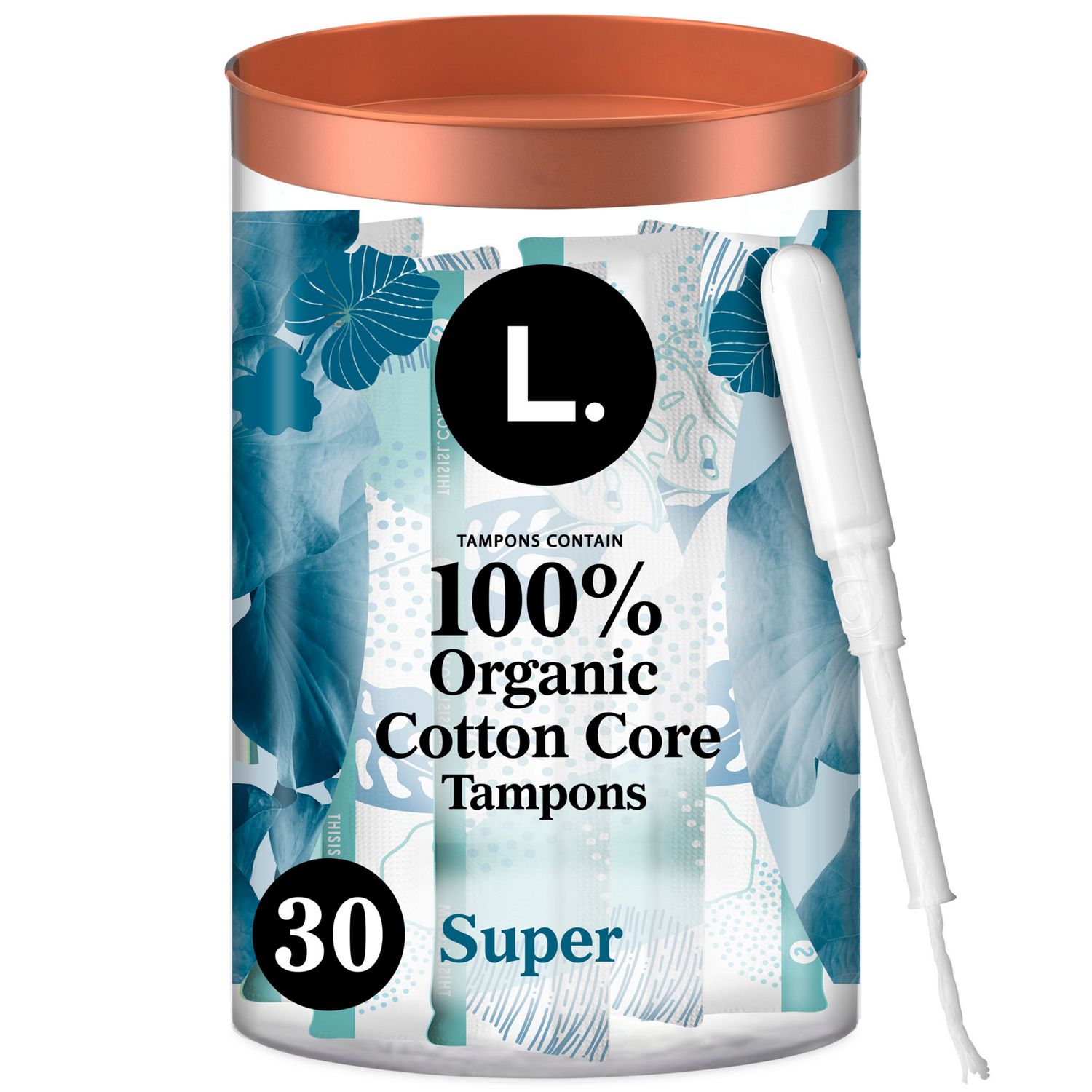)
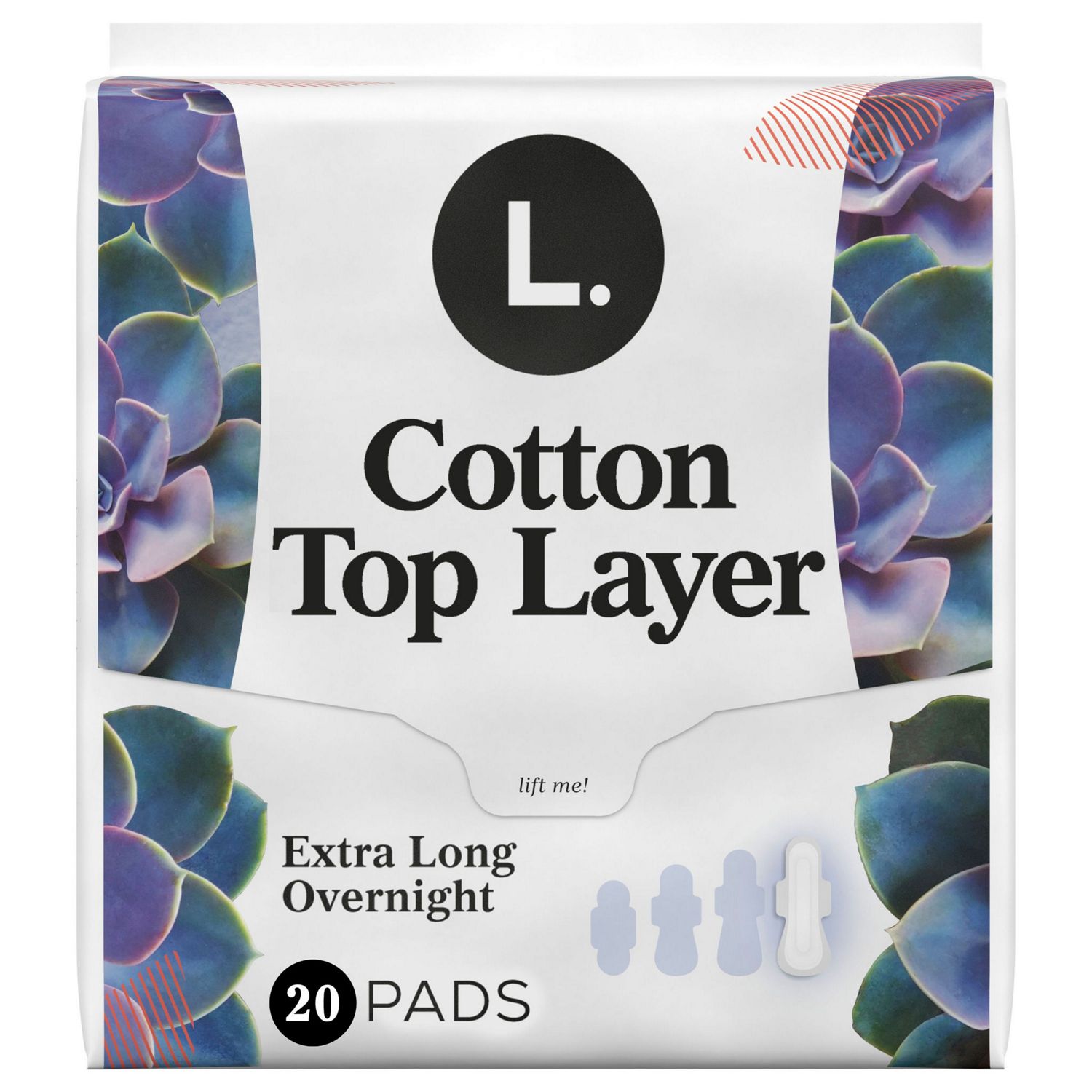)
)
)
)
)
)
)
)
)
)
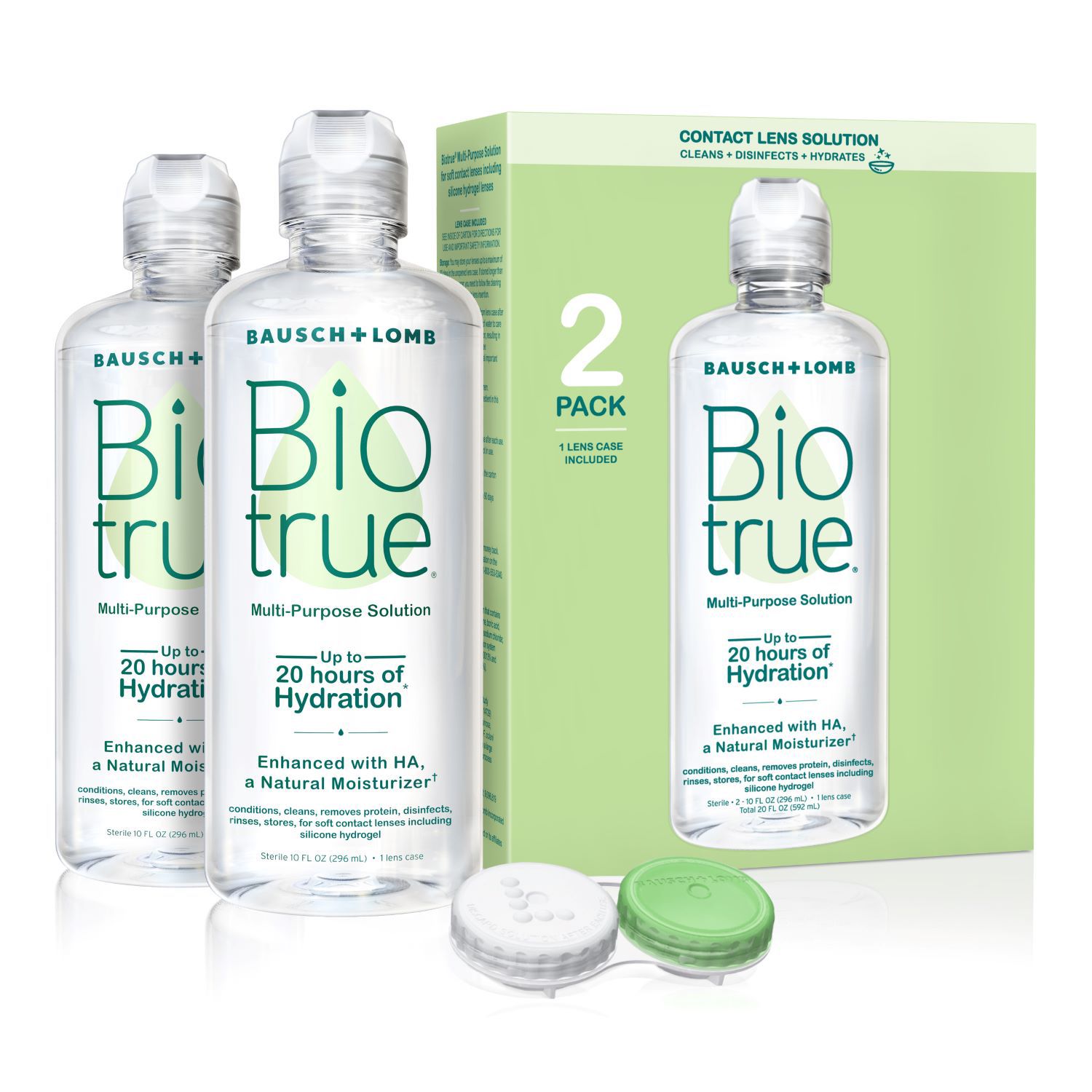)
)